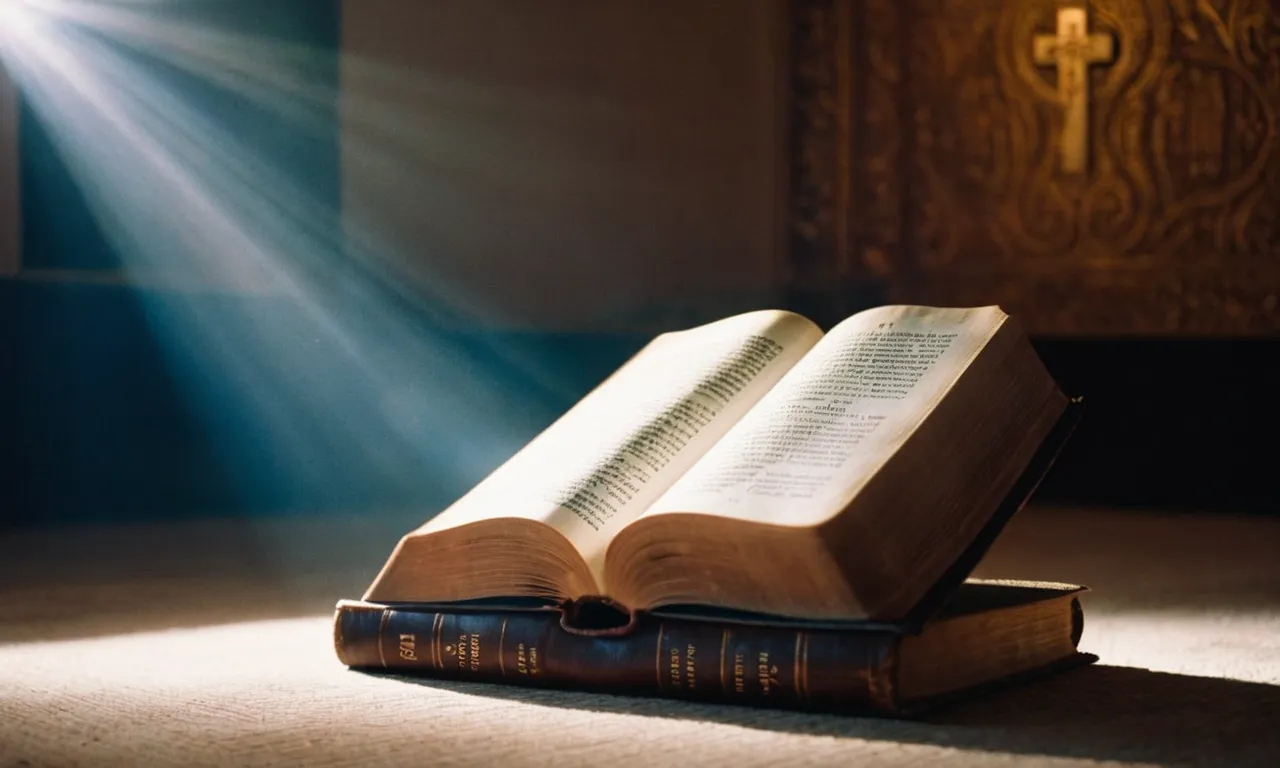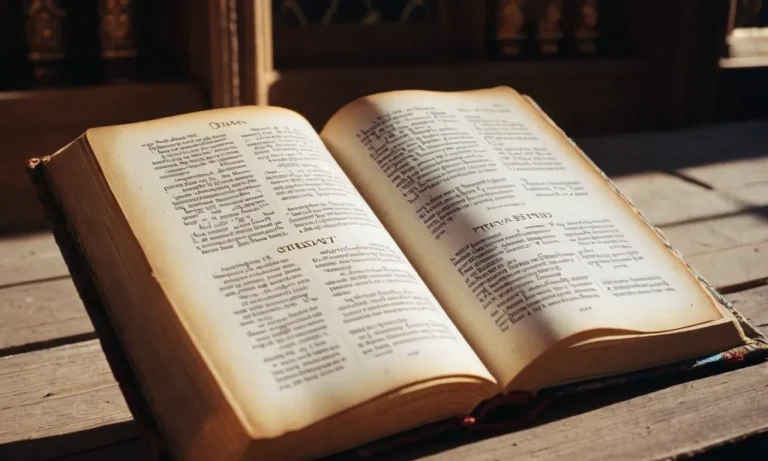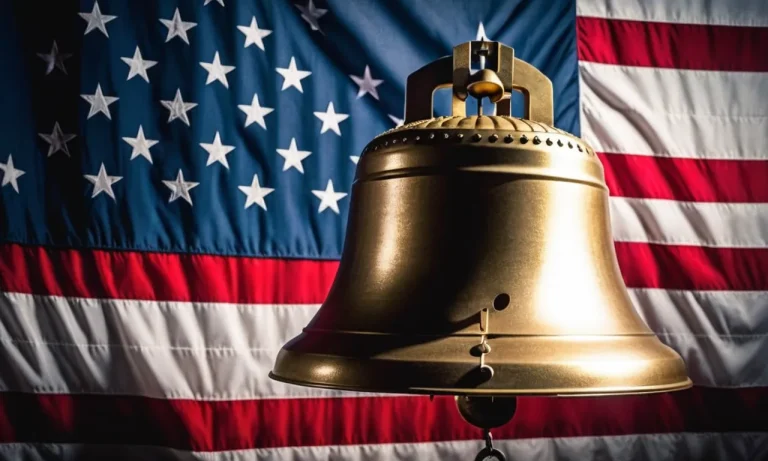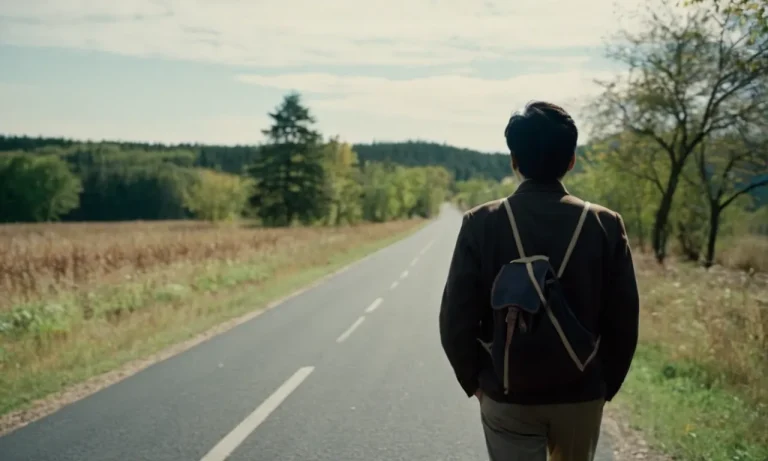Can A Catholic Go To A Christian Church? Examining The Complexities
With different denominations and traditions, Christianity encompasses a wide range of beliefs and practices. This leads to an important question: can a Catholic attend non-Catholic Christian churches?
The answer involves examining the intricate relationship between Catholicism and other Christian faiths.
In short, Catholics are not forbidden from attending Christian services, but there are some restrictions. While visiting Protestant churches is generally allowed, partaking in communion may be prohibited. Attending born-again/evangelical services is more controversial.
Ultimately, there are many intricacies based on denomination, liturgy and more.
Relationship Between Catholicism and Christianity
When discussing the relationship between Catholicism and Christianity, it is important to understand that Catholicism is a branch of Christianity.
In fact, Catholicism is the largest Christian denomination in the world, with over 1.3 billion followers.
The Catholic Church traces its origins back to the time of Jesus Christ and the apostles, just like other Christian denominations.
Catholicism as a Branch of Christianity
Catholicism can be seen as a distinctive branch of Christianity due to its unique beliefs and practices.
One of the key aspects of Catholicism is its emphasis on the authority of the Pope, who is considered the successor of Saint Peter and the head of the Church.
The Pope is believed to be infallible when speaking ex cathedra, or from the seat of Peter, on matters of faith and morals.
Catholicism also places importance on the sacraments, particularly the Eucharist, where bread and wine are believed to be transformed into the body and blood of Jesus Christ.
Other sacraments include baptism, confirmation, confession, marriage, holy orders, and the anointing of the sick.
Furthermore, Catholicism has a rich tradition of saints, devotion to Mary, and a hierarchical structure with priests, bishops, and cardinals. These distinct features contribute to the identity of Catholicism as a branch of Christianity.
Commonalities and Differences With Protestants
While Catholicism is a branch of Christianity, it is important to note the commonalities and differences it has with other Christian denominations, particularly Protestants.
Both Catholics and Protestants believe in the Holy Trinity, the divinity of Jesus Christ, and the authority of the Bible.
However, there are significant theological differences that have historically led to divisions between the two groups.
One of the main differences is the interpretation of scripture. Catholics believe in the authority of both scripture and tradition, while many Protestants emphasize scripture alone (sola scriptura).
This has led to differences in beliefs and practices, such as the veneration of saints, the role of Mary, and the nature of salvation.
Furthermore, the Protestant Reformation in the 16th century led to the formation of various Protestant denominations with their own distinct beliefs and practices. These include Lutheranism, Calvinism, Anglicanism, and many others.
Each of these denominations has its own interpretation of Christianity, which may differ from Catholicism.
Despite these theological differences, there are also many areas of common ground between Catholics and Protestants.
Both groups share a belief in Jesus Christ as their savior and strive to live according to his teachings. They also share a commitment to spreading the gospel and serving others.
Attending Mainline Protestant Services
Permissions and Restrictions
When it comes to attending mainline Protestant services, the Catholic Church generally allows its members to do so.
In fact, the Second Vatican Council’s document Nostra Aetate encourages dialogue and engagement with people of other Christian denominations.
However, it is important to note that attending a Protestant service should not be seen as a substitute for attending Mass.
The Catholic Church considers the Eucharist, or Holy Communion, to be the source and summit of the Christian life, and Catholics are expected to attend Mass and receive the Eucharist regularly.
While there are no explicit restrictions on attending mainline Protestant services, it is important for Catholics to remain rooted in their own faith and not engage in activities that may be contrary to Catholic teachings.
This means being discerning about the content of the service, as well as any practices or beliefs that may differ from Catholic doctrine.

Considerations for Communion
One of the key differences between Catholic and Protestant services is the understanding of Holy Communion.
In the Catholic Church, the bread and wine used in the Eucharist are believed to become the actual body and blood of Jesus Christ through the process of transubstantiation.
This is known as the doctrine of the Real Presence.
Protestant denominations, on the other hand, often have a symbolic understanding of Communion, where the bread and wine are seen as representing the body and blood of Christ, but not actually becoming them.
This can create a challenge for Catholics who attend Protestant services, as they are not able to receive Communion in the same way they would in a Catholic Mass.
Catholics who attend a Protestant service should be respectful of the differing beliefs and practices surrounding Communion and refrain from receiving it. Instead, they can participate in the service by joining in prayers, singing hymns, and listening to the sermon.
It is also important to remember that Catholics are still obligated to fulfill their Sunday Mass obligation, so attending a Protestant service should not be seen as a substitute.
Born-Again, Evangelical, and Nondenominational Services
Concerns Over Theology and Beliefs
Attending Born-Again, Evangelical, or Nondenominational services as a Catholic can raise concerns over theological differences and beliefs. These services often emphasize personal conversion experiences and place a strong emphasis on Scripture.
While Catholics also value Scripture, they have a more sacramental approach to faith, placing importance on the sacraments and the authority of the Church.
One of the main theological differences between Catholicism and these Protestant denominations is the understanding of salvation.
Catholics believe in salvation through faith and good works, while many Evangelical and Nondenominational Christians emphasize salvation through faith alone.
It is important for Catholics to be aware of these theological differences and to consider how they align with their own beliefs. Engaging in open dialogue with members of these denominations can help foster understanding and clarify any concerns or misconceptions.
Risk of Confusion for Catholic Faithful
Another consideration when attending Born-Again, Evangelical, or Nondenominational services as a Catholic is the potential risk of confusion for Catholic faithful.
The liturgy, traditions, and practices in these services can differ significantly from what Catholics are accustomed to.
For example, the style of worship in these services can be more lively and charismatic, with contemporary music and spontaneous expressions of praise. This can be a departure from the more structured and formal nature of Catholic Mass.
Additionally, the absence of certain Catholic rituals, such as the Eucharist, may leave some Catholics feeling spiritually unfulfilled or disconnected.
The Eucharist holds a central place in Catholic worship, as Catholics believe it is the true body and blood of Jesus Christ.
It is important for Catholics to be mindful of these potential sources of confusion and to reflect on how attending non-Catholic services may impact their own spiritual journey.
Seeking guidance from a Catholic priest or spiritual director can provide valuable insights and help navigate the complexities of attending different Christian services.
Conclusion
While the Catholic church permits attending many Protestant services, the stances become more rigid regarding born-again Christian churches due to greater theological divergences. Open communication with one’s parish and careful consideration of church policies are advised.
Ultimately, while Christianity has many denominations, the intricacies in their relationships run deep.








